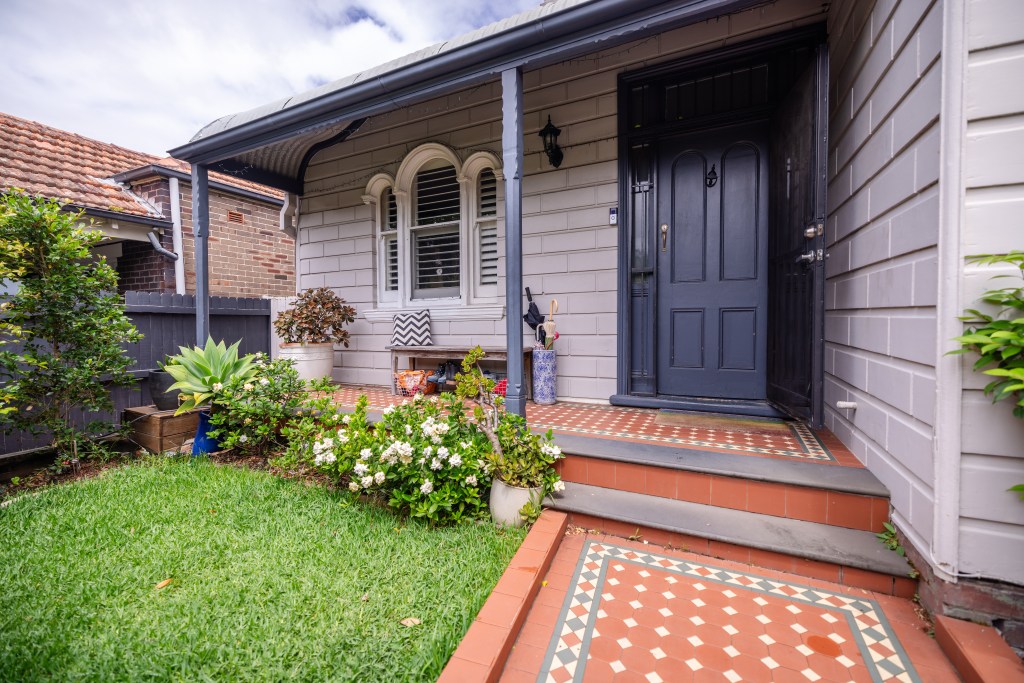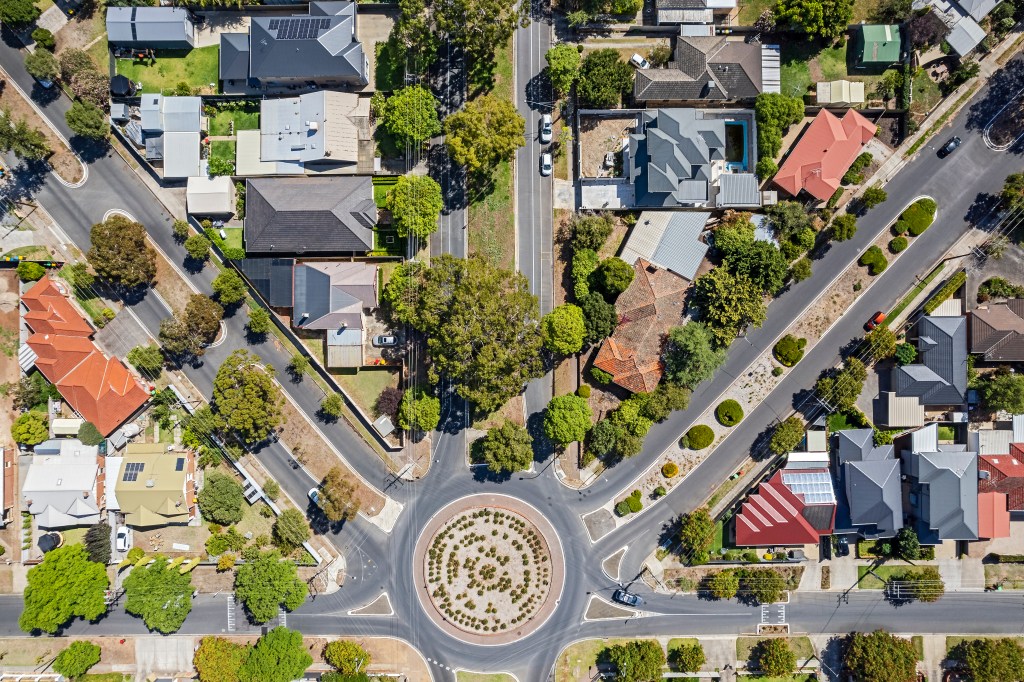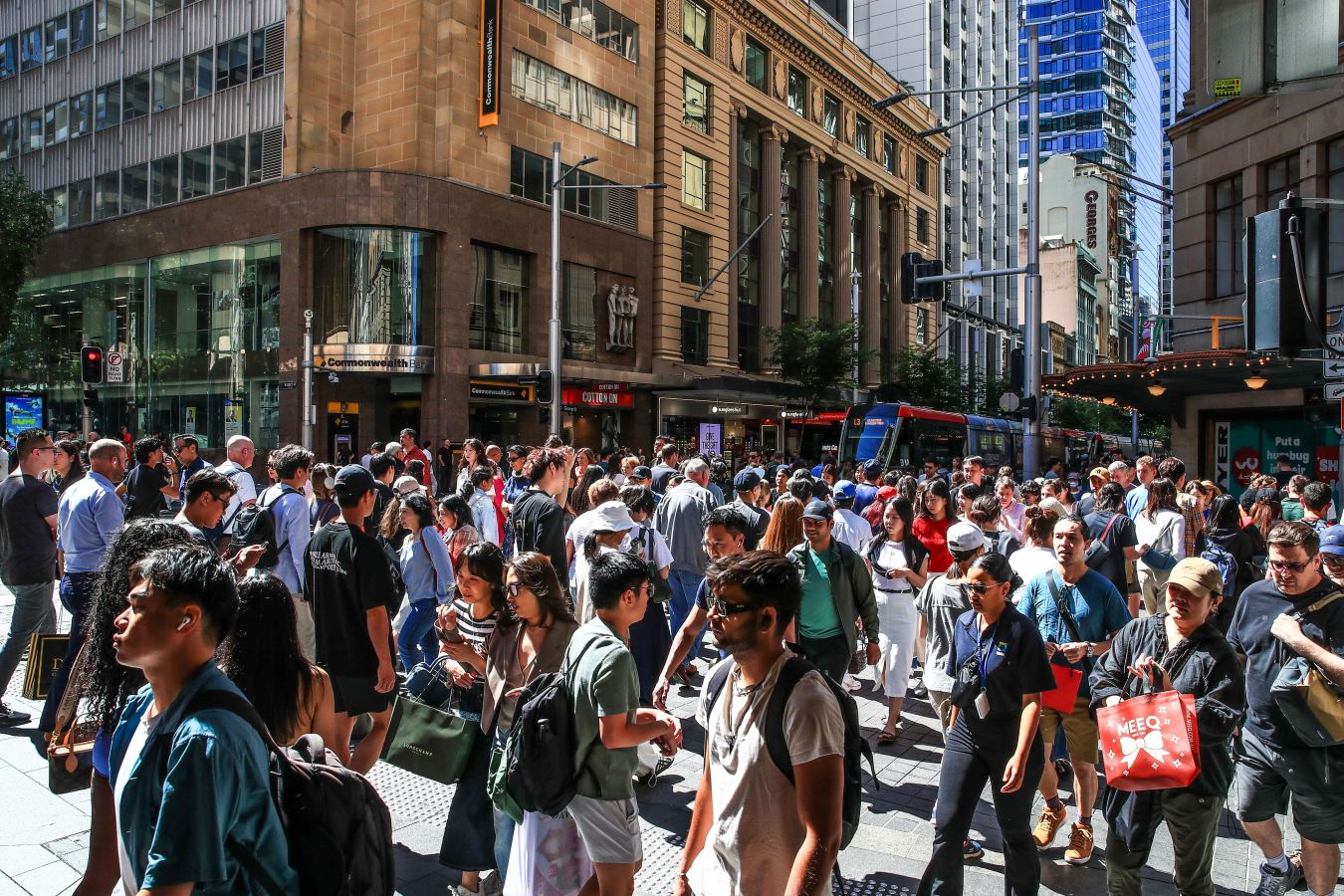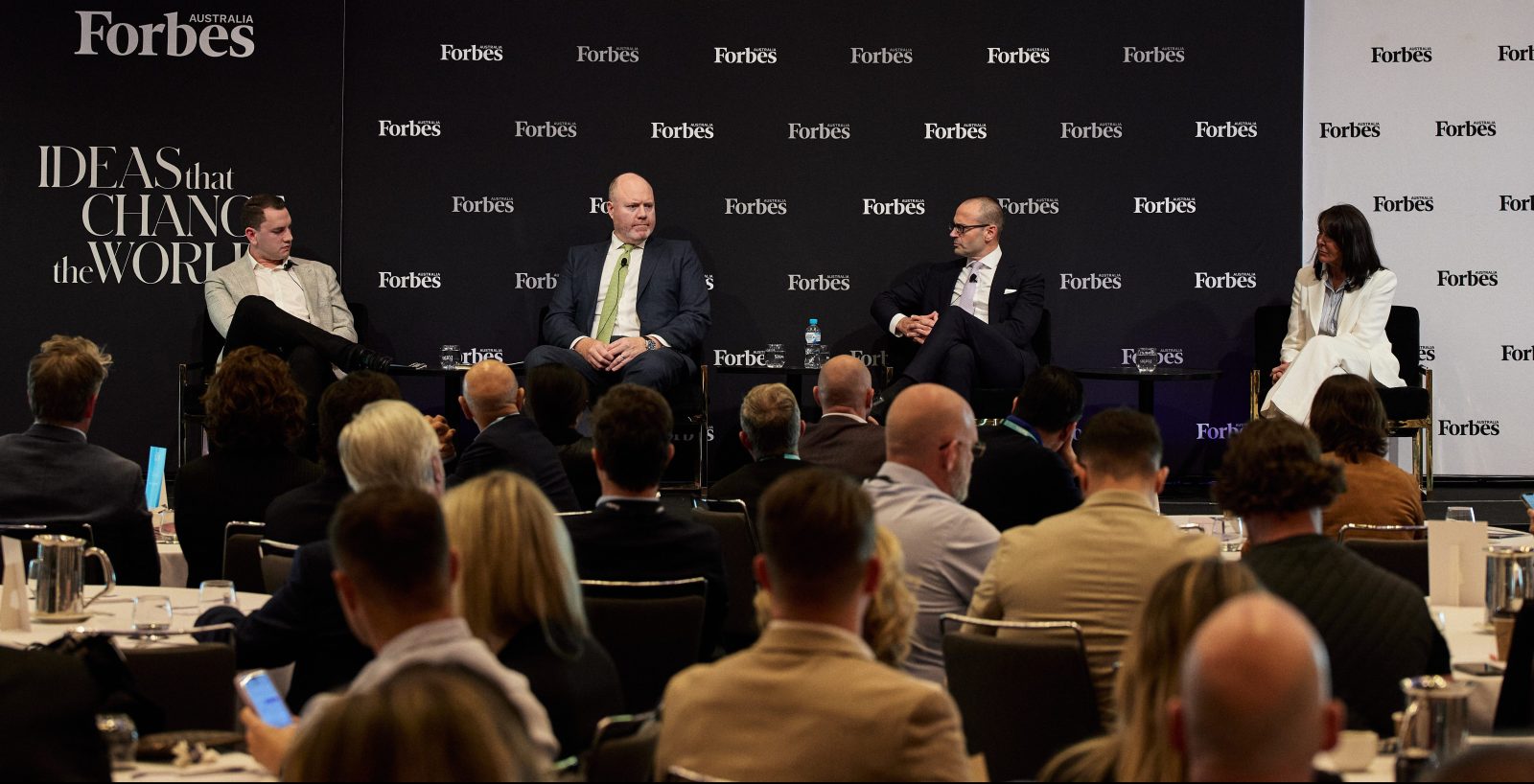Property prices in Australia are easing, according to CoreLogic data, yet rent rates remain at an all-time high. Could this be the right time to finally move out of the rental trap and into home ownership? Here’s what you need to know.

In the current property market, interest rates are high, real estate buyers are hesitant to commit, and the prices of homes in some markets are no longer escalating at the rate they were.
“Australian home prices are likely to see further near-term softness as high interest rates constrain demand,” advises AMP chief economist Dr Shane Oliver. That scenario may be short-lived, however.
“Lower rates should help [property prices] from mid-year, and we see home prices rising around 3% in 2025.”
Escaping the rent trap
If you’re paying rent and in a position to purchase a home, subdued competition in the real estate market may make this an opportune time to make the leap into home ownership. But what makes the most sense – buying a place to live in, or, buying property to rent out as an investment?

Personal finance expert Jessica Irvine says there are benefits to both scenarios. If you own the home you live in you don’t have to pay capital gains tax when it increases in value. However, if you buy property and rent it out, you can benefit from negative gearing and reduce your tax bill.
The Australian Housing and Urban Research Institute (AHURI) says ‘rentvesting’ – renting out the home you own to someone else, while you rent a different home – can mean owners have a more convenient lifestyle. “They often rent a better property in a better neighbourhood than they can afford to buy,” states AHURI.
The downside to negative gearing, according to NAB, is not reaping the tax advantage for some time. “You’ll need to have enough cash flow to cover your losses until tax time comes around each year,” advises NAB.
On the other hand, buying a place to live in ties up capital, and as AHURI suggested, may mean living further away from work.
“Renters can [instead] choose to live in more central areas with better access to jobs in the city and surrounds,” property developer Mirvac states on its website.

Prices in Adelaide, Brisbane and Perth are up, whereas ACT, Melbourne and Hobart are down
According to research released in November 2024 from the University of South Australia, the University of Adelaide, Swinburne University of Technology and McMaster University, only one in five renters is happy with the status quo.
“Most people want to be homeowners; four out of five (78 per cent) renters aspired to owning their home,” the report states.
Sky-high prices put those aspirations out of reach for many Australians, however.
In Q4 2024, Adelaide was considered the strongest real estate market in the country, according to CoreLogic. Brisbane and Perth also experienced peaks in home values. But capital cities south of Sydney are not experiencing the same resilience.

“Three capitals recorded a decline in values over the year; Melbourne (-3.0%), Hobart (-0.6%) and the ACT (-0.4%),” a CoreLogic report released in the first week of January states.
“This result represents the housing market catching up with the reality of market dynamics,” says Tim Lawless, CoreLogic’s research director. “Growth in housing values has been consistently weakening through the second half of the year, as affordability constraints weighed on buyer demand.”
A buyer’s market
That low demand, particularly in Australia’s southeastern states, can present an opportunity for well-capitalised renters looking to become homeowners this year. Buying during a market lull presents an opportunity for property values to rise over time.
“Mortgage serviceability and rental affordability should show an improvement in 2025, as income growth outpaces growth in housing values, interest rates reduce, and rents stabilise or even fall,” the CoreLogic report states.
Escaping the rental trap in this window of relative affordability – whether living in the property, or using it as a vehicle for investment – may be the key to building wealth in 2025 and beyond.
Forbes Women is mobilising a network of female business owners, entrepreneurs and changemakers who support and empower each other. Become a member here.


